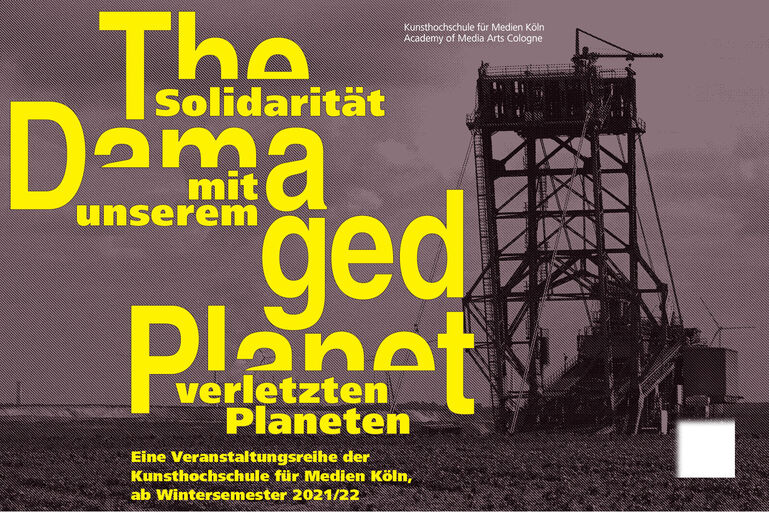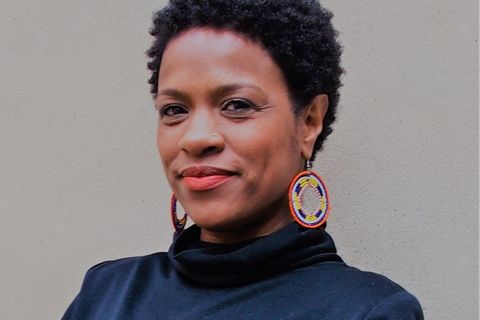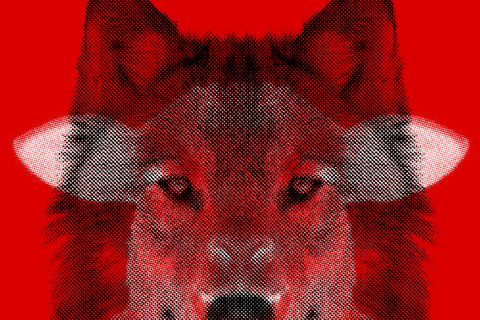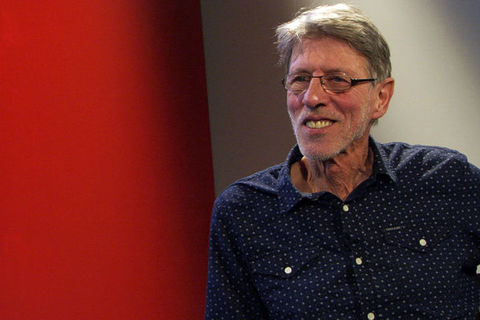- Exhibition
- Awards
- Library
- Speech
- edition KHM
- Festival / Award ceremony
- FG exMedia
- FG Film und TV
- FG Kunst
- FG Kunst- und Medienwissenschaften
- Movie screening
- Glasmoog Books
- Glasmoog - Raum für Kunst und Diskurs
- KHM Journal
- Concert
- Cooperation
- LAB Jahrbuch
- LECTURE Reihe
- Teachers elsewhere
- literature
- off topic
- News articles
- Publications
- Job offers
- Study
- TV broadcast
- Event
- all
The Damaged Planet – Solidarity with our fragile earth

A series of events by the Academy of Media Arts, starting in the winter semester of 2021/22.
Filzengraben 2
50676 Köln
Due to COVID-19 restrictions, please register for events by email: thedamagedplanet@khm.de
3G rules (proof of full vaccination, recovery or a negative test) apply.
According to the most recent IPCC (Intergovernmental Panel on Climate Change) report, the ecological crisis will be an existential threat to all living things on the planet—that includes Germany—within a generation. The necessity for global social and ecological transformation within a very short period of time represents a huge challenge. The arts are not exempt and its role will change fundamentally. In recent years, questions around our global relationship—trans-humanist, postcolonial, critical of economy and institutions—have been increasingly articulated. Artists and activists strive to find possible courses of action. They demand a global society in which we act in solidarity with the earth as an organism.
But what does taking care of this damaged planet mean? It specifically involves questioning and changing one’s own self-image, institutions and actions. Whether in areas of urban development, questions of globalisation—in both jurisdiction and economy—digitalisation or in the natural sciences, whether used socially or discursively in the media, the new remit of our work presents itself as one that recognises the problem as “connected”. These are the reasons that the KHM, as an art college, aims to bring together protagonists with precisely these diverse approaches.
The KHM’s series of events begins with the earth system researcher and marine biologist Antje Boetius and the dramatist Frank M. Raddatz, on their collective project Theater des Anthropozän (Theatre of the Anthropocene). Uriel Orlow’s research-based and multidisciplinary praxis sees plants as political actors and deals with the ghosts of colonialism. Aneta Rostkowska, the director of the Temporary Gallery in Cologne, talks about her curatorial praxis, in which the emancipatory potential of plants plays a special role, and the nature guide and woodland educator Michael Zobel leads us on an excursion through Hambacher Wald.
Organisers: Pascal Dreier, Beate Gütschow, Thomas Hawranke, Ute Hörner, Fatima Kastner, Isabell Lorey and Kathrin Röggla.
Winter semester program
Antje Boetius und Frank M. Raddatz: Theater des Anthropozän
Wed, 27/10/2021, 7 pm, auditorium
Uriel Orlow: Conversing with Leaves
Thu, 11/25/2021, 7pm, online
Michael Zobel: Wald statt Kohle — Waldspaziergang im und am Hambacher Wald
Thu, 16/12/ 2021, 1:30 pm
Aneta Rostkowska: Moss time. Towards vegetal curating
Thu, 27/01/2022, 7 pm, auditorium
- Exhibition
- Awards
- Library
- Speech
- edition KHM
- Festival / Award ceremony
- FG exMedia
- FG Film und TV
- FG Kunst
- FG Kunst- und Medienwissenschaften
- Movie screening
- Glasmoog Books
- Glasmoog - Raum für Kunst und Diskurs
- KHM Journal
- Concert
- Cooperation
- LAB Jahrbuch
- LECTURE Reihe
- Teachers elsewhere
- literature
- off topic
- News articles
- Publications
- Job offers
- Study
- TV broadcast
- Event
- all






